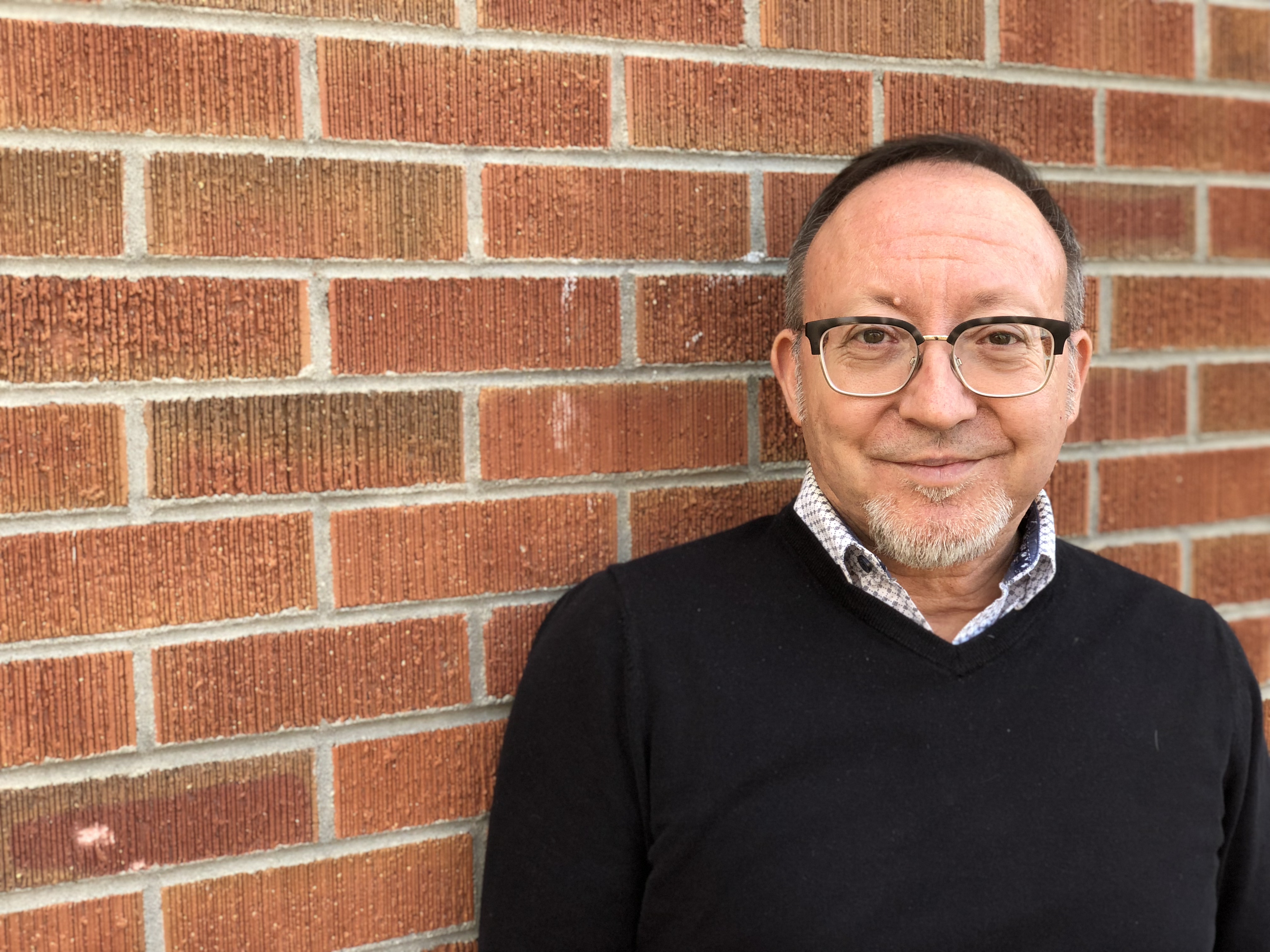In my last blog , I attempted to shed some light on what it’s like growing up experiencing same sex attractions. With the help of Christian psychologist, Mark Yarhouse, we explored several milestones. In his book, Sexual Identity & Faith, he says, “I often introduce the metaphor of joining clients on a meaning-making journey, a journey on which they are looking for purpose, and they will face various milestones that other sexual minorities have identified as important to sexual identity development.” (pg. 79).
At each stage of the journey (or “milestone event”) are lots of perplexing questions and decisions. Some of these questions revolve around disclosure, identity, intimacy, and faith. I believe his milestone experiences offer insight not only to obstacles of growing up with attractions towards the same gender, but also to some of the painful results.
Obstacles at Home
Life at home is important for any adolescent but for LGBTQ+ youth it’s nuanced with many other complexities. Growing up we all navigate what’s going on internally and what life is firing at us externally. For many who experience same sex attraction, many have a growing awareness of feeling “different” at a young age. I can relate to that feeling. Feeling different and out of place can throw confusion into identity. If I’m not like those around me—who am I? Where do I fit? There can also be a mounting fear and anxiety of being rejected by parents, siblings, and other family members. Depression can come from carrying a heavy secret or burden.
If the adolescent does come out, how is the family reacting to the news? Are they supportive, accepting or rejecting and shaming? Are the parents on the same page or battling with one another about how to move forward? What helpful or hurtful responses from siblings and other extended family members are present? Parents may still have a traditional view of gender and sexuality. Yet, there are ways to hold your views and still love your child well. Dr. Caitlyn Ryan from the Family Acceptance Project is quoted saying, “LGBT+ teens are 2 to 4 times more likely to attempt suicide than their heterosexual peers. If their family is highly rejecting in response to their sexuality, they can be up to 8 times more likely. These findings have been repeatedly replicated for many years.”
Obstacles at School
Like school for a teenager isn’t bad enough. There’s a feeling of having a magnifying glass on you amplifying all your awful pubescent changes and flaws. For LGBTQ+ youth, school can be worse and feel like a threatening and unsafe place. Many are bullied, labeled with derogatory names and harassed. Others are verbally, physically, or sexually abused. According to the 2015 GLSEN School Climate Survey on LGBTQ+ youth, “Over eight in 10 (85 percent) experienced verbal harassment based on a personal characteristic, and nearly two thirds (66 percent) experienced LGBTQ-related discrimination at school. Due to feeling unsafe or uncomfortable, nearly a third (32 percent) of LGBTQ students missed at least one day of school in the last month, and over a third avoided bathrooms (39 percent) and locker rooms (38 percent).” Bullying that is ongoing and family rejection are the two high risk factors in LGBTQ+ suicidality.
Obstacles at Church
Sadly, for LGBTQ+ youth growing up in the church, it can feel equally as unsafe as home or school. Navigating the complications internally and externally surrounding gender and sexuality, adding faith into the mix can magnify these painful complexities. There can be a great deal of shame when an adolescent becomes aware of their same sex attractions. Fear will begin to build as they anticipate the church’s or leaders’ responses. Will they be rejected or excommunicated? Will God’s love be lost due to their feelings or behavior?
They might hear worse messages about the LGBT+ community from the pulpit or jokes about gays from other youth or leaders. This has actually happened to many men and women I know. Many Christians emphasize the truth of what they believe and neglect the grace taught in scripture, which increases the shame people feel. LGBTQ+ youth might keep their attractions a secret struggle, silently striving to be “the perfect Christian”. There is no place to be authentic. Feeling the growing conflict and incongruence in their faith and attractions, many sadly leave their faith. They will join the LGBTQ+ community where they feel accepted.
Now What?
Obviously, there is a lot of possible wounding that can occur through these various milestones of growing up with same-sex attraction. Wounding can come from very important people—family, peers, or even spiritual leaders. What is needed are safe environments to work through the hurts, shame, and pain. I know these challenging experiences personally and WGA has been instrumental in my healing journey. We continue to be grateful the Lord has provided a safe environment (as safe as we can make it!) for people and their own healing journeys for 35 years.

Scott Kingry
Program Director
Although he holds a degree in graphic arts, he attributes his ministry qualifications to the “school of hard knocks.” God’s abundant grace continues to be the instrument of growth in his life, and he desires to be firmly grounded in the forgiveness and freedom of relationship with Jesus Christ.
Scott attends a Presbyterian Church.
Make a Difference in Someone's Life
If you enjoy reading WGA’s blogs and would like to show your support, please consider making a donation. Where Grace Abounds is a 501(c)3 non-profit organization. The majority of services, including support groups and discipleship counseling, are provided free of charge. Your financial gifts help to cover the costs associated with offering a free program to those who seek WGA’s services.

